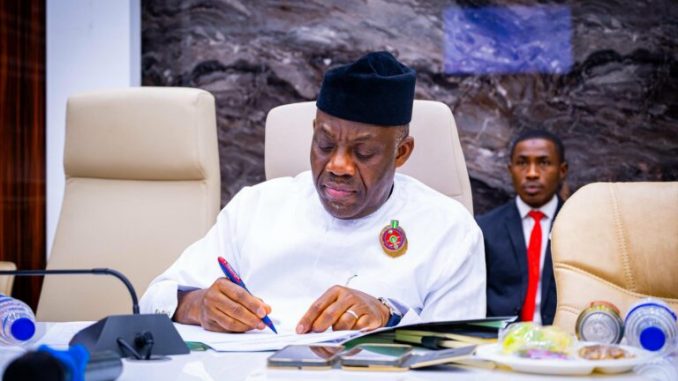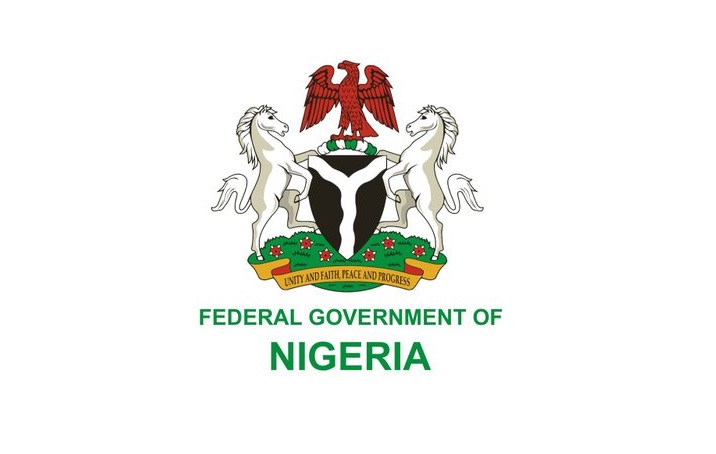
FG TARGETS 24/7 ELECTRICITY FOR UNIVERSITIES IN FRESH REA PARTNERSHIP
In a bold move to revolutionize power supply in Nigeria’s tertiary institutions, the Federal Government on Wednesday signed a Memorandum of Understanding (MOU) with the Rural Electrification Agency (REA) to provide round-the-clock electricity to campuses across the country.
The agreement, sealed under the Energizing Education Programme (EEP), was formalized at the solar-powered mini-grid site of the University of Abuja—one of the flagship beneficiaries of the initiative.
Speaking at the event, the Minister of Education, Dr. Maruf Olatunji Alausa, described the project as a “new dawn” for the nation’s higher education system. He stated that the Tinubu-led administration remains committed to human capital development through sustainable infrastructure and assured that both federal and state-owned institutions will benefit from the initiative.
Dr. Alausa disclosed that mini-grid power systems ranging from 1.1MW to 12.5MW are being installed in universities and teaching hospitals across Nigeria. So far, 24 institutions have benefited from the first three phases of the programme. He further revealed that the Ministry, in collaboration with the Tertiary Education Trust Fund (TETFund), will support the development of an additional 4–6 mini-grids with capacities between 2MW and 10MW.
As part of the fourth phase of the Energizing Education Programme, the REA signed collaboration agreements with eight more universities: University of Lagos (UNILAG), Obafemi Awolowo University (OAU), University of Nigeria, Nsukka (UNN), Ahmadu Bello University Zaria, Federal University Wukari, University of Benin (UNIBEN), University of Ibadan, and Federal University Dutse. Vice Chancellors from these institutions were present at the event, with the exception of UNIBEN, which was represented.
“This initiative will not only improve learning environments but also boost productivity, promote research, and support entrepreneurial efforts in our institutions,” Dr. Alausa added.
He was joined by the Minister of State for Education, Prof. Suwaiba Said Ahmad, who echoed the need for reliable power to drive innovation and development in the education sector.
Managing Director of the REA, Abba Aliyu, shared that Phases I to III of the EEP have already delivered over 100 megawatts of clean energy to 24 federal universities and teaching hospitals, benefiting over 600,000 students and 50,000 staff members.
He noted that while Phase II covered two universities and two teaching hospitals, Phase III—which includes eight universities and one hospital—is nearing completion and will soon be commissioned.
Executive Secretary of the National Universities Commission (NUC), Professor Abdullahi Yusuf Ribadu, lauded the initiative as a “cost-effective and practical solution” to the persistent electricity challenges facing tertiary institutions. He said the impact on teaching, learning, and research will be far-reaching.
Acting Vice Chancellor of the University of Abuja, Professor Patricia Manko Lar, expressed gratitude to the Ministry and REA for what she described as a “timely and game-changing intervention.” She noted that the project would drastically reduce operating costs and improve academic delivery.
The Federal Ministry of Education has reaffirmed its commitment to deepening the programme’s impact through sustained collaboration with REA and other stakeholders across the country.




Be the first to comment